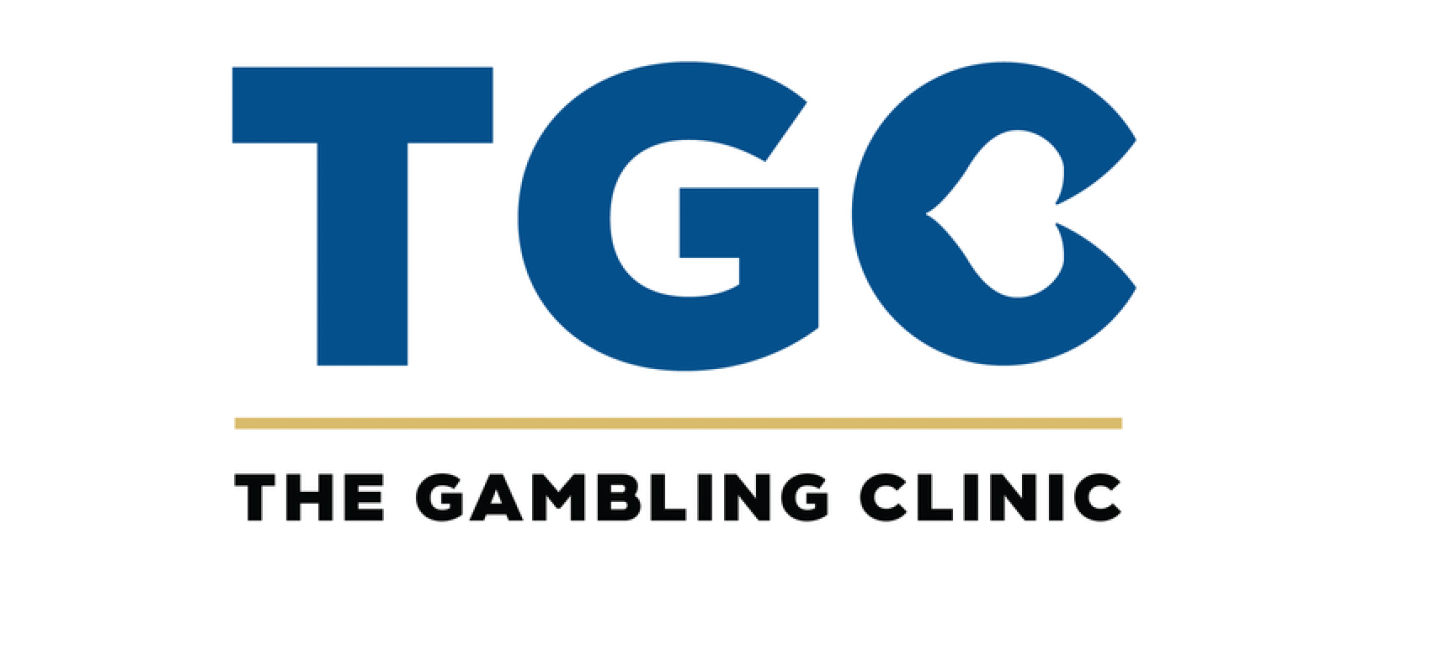TIGER
The Gambling Clinic
Visit Our Website!
The Gambling Clinic offers individual therapy services to those who struggle with gambling and their loved ones. Refer to our website above for more information about what these services include.

The Gambling Clinic serves a diverse client base in Tennessee through our three clinic locations: one at the University of Memphis, one at East Tennessee State University, and one in Nashville. We are currently working on projects to increase access to care for all Tennesseans including web-based self-help tools, responsible gambling strategies, and modules on co-morbid conditions.
We are here to help you. Contact us at gambling@memphis.edu.
This project is funded by the Tennessee Department of Mental Health and Substance Abuse Services.
